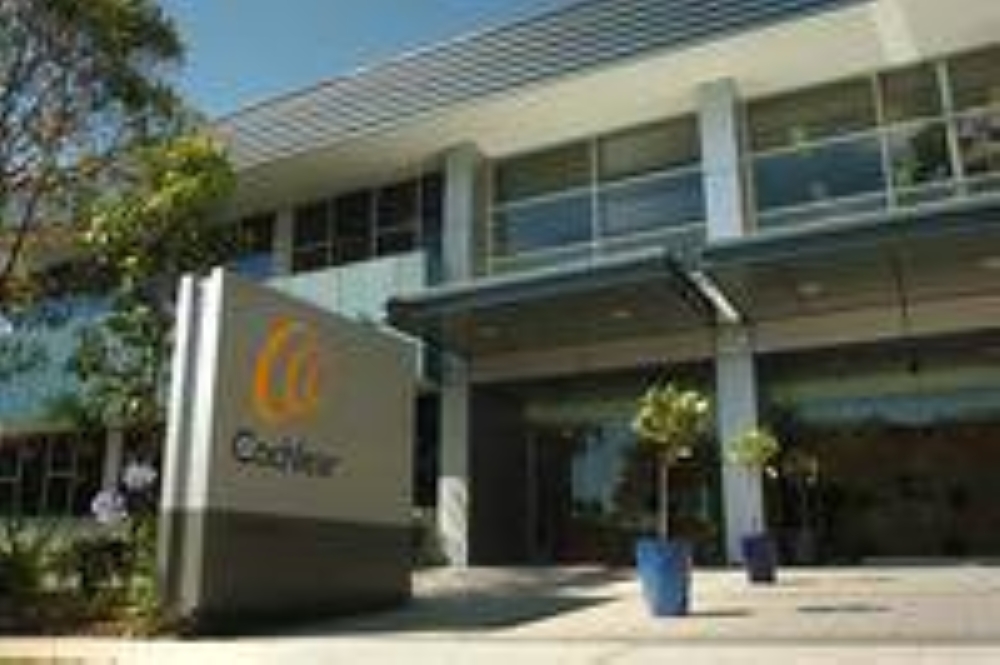Hearing impaired children in Japan’s coastal city of Shizuoka will from next year be able to listen, learn and speak better thanks to a 6.5 million Australian dollar ($4.4 million) program funded by the city and the government of Australia.
Under the pilot program, Australian child hearing not-for-profit the Shepherd Center will send personnel to train experts at Shizuoka General Hospital for three years, as Japan tries to address hearing problems sooner and younger.
The program will use implants made by Cochlear.
Japan has one of the lowest adoption rates of hearing aids and implants among developed countries, according to industry data, as a result of the high threshold of hearing loss required to receive government subsidies.
Public health experts there want to lower the threshold and the age when children can receive a cochlear implant — currently one year, compared to six months in Australia.
More than 90% of Australian children who would benefit from a cochlear implant have one, according to industry data, and “to see that replicated across Japan, as it has been across Australia, would be an outstanding outcome,” Cochlear CEO Dig Howitt said in a statement.
Aleisha Davis, CEO of the Shepherd Center, said the arrangement with the Shizuoka hospital followed 10 years of discussions, and Australian Foreign Minister Penny Wong, whose department supplied funding for the project, said it showed the potential of collaboration between Australia and Japan.

